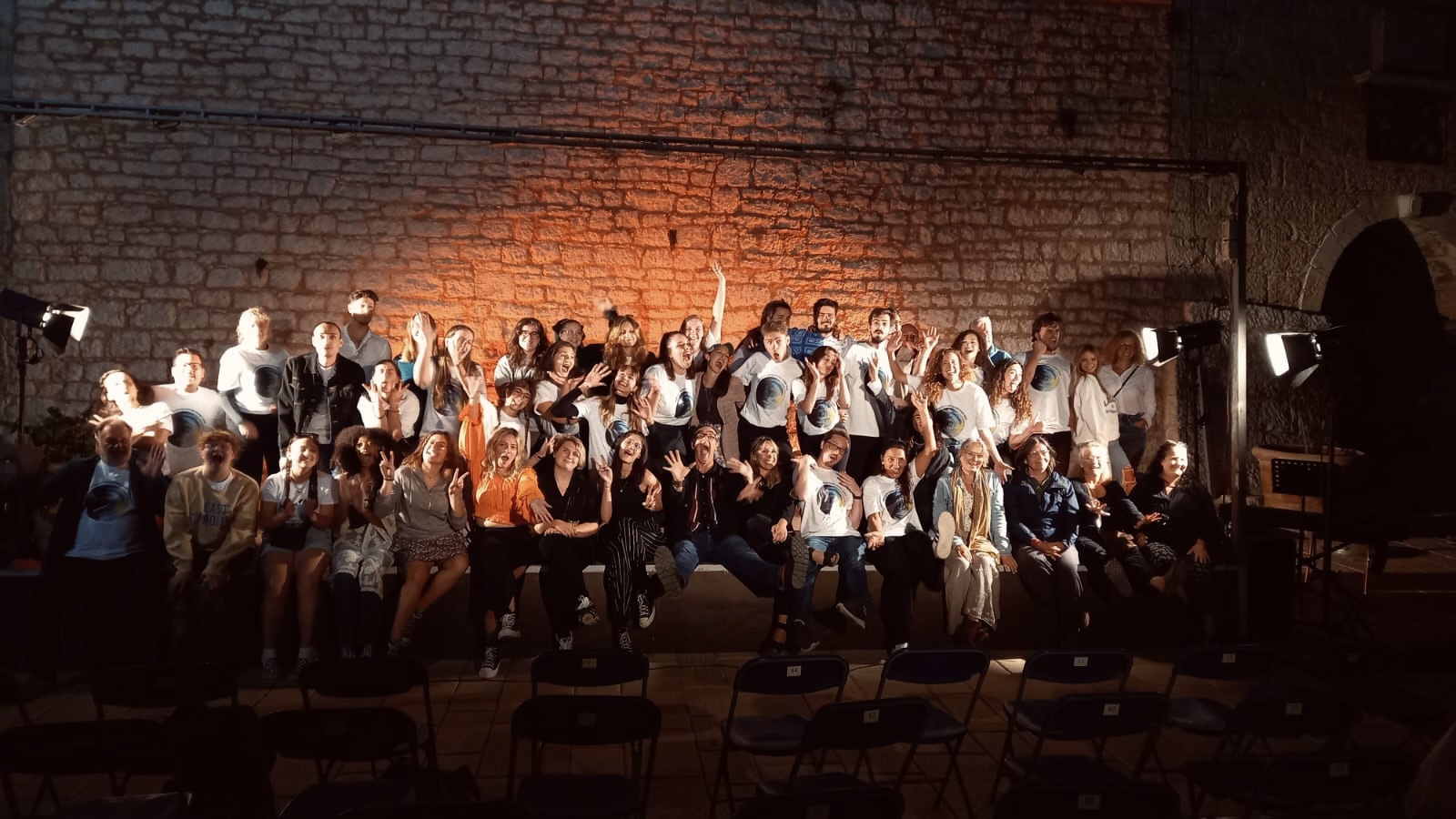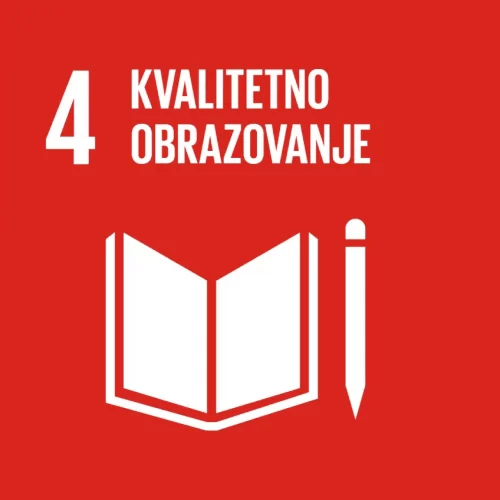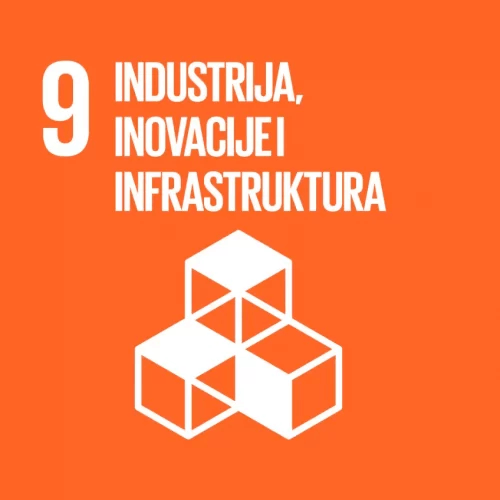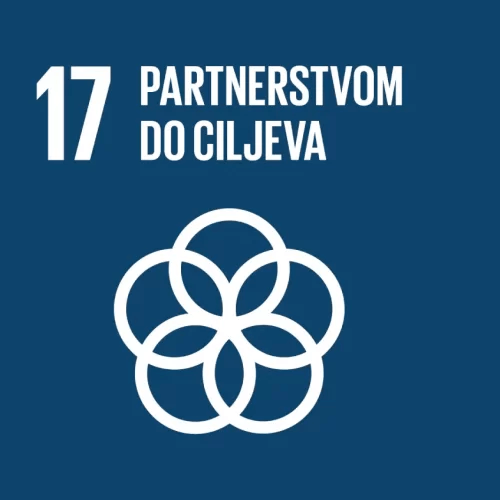At the end of summer 2023, from September 24 to 29, our students Milana Stela Knežević, Ljubica Pranjić, and Vjeko Krtolačić went on a field trip as part of the course Media Practicum. The Young Theatre Festival 2023 was held in the small Istrian town of Bale. The festival consisted of workshops for acting students and everyone interested in improving their public performance skills, as well as workshops for students of theatre and film design: costume design, scenography, visual arts, and theatre and film technical staff. For the fifth consecutive year, the festival organizers invited students and professors from Germany, Romania, the USA, and Croatia to collaborate, learn creatively, and socialize with a purpose.
The festival featured a series of workshops in which our students had the opportunity to participate.
The musical theatre workshop, designed to develop stage skills in musical theatre, gave students a unique opportunity to explore and learn. They developed their tools for performing in musical theatre and learned various approaches to voice development, acting, and movement skills. Throughout the week, they engaged in a series of activities exploring different aspects of musical theatre. Music and text analysis, psychophysical acting exercises, and musical voice training were just some of the elements enriching their experience (instructors Trent Blanton, Jessica Doyle-Mekkes, and Jared Eben).
During the festival week, the team also participated in an intensive workshop focused on the basics of makeup and prosthetics. The main focus was on hands-on experiential learning, providing participants the chance to learn key professional makeup techniques. Through practical exercises, participants acquired skills in creating character archetypes, altering facial shapes, creating dramatic characters, and applying corrective makeup techniques. Special attention was given to aging effects makeup and simulating the effects of different climates, injuries, and wounds using various materials, techniques, and processes, including prosthetics (instructors Morna Ferguson and Clare Barman).
The master costume design workshop highlighted the importance of designers in the creative process. Through a new methodological approach, it encouraged creativity among participants. Within the costume design framework, the workshop systematically integrated elements such as silhouette, proportions, volume, colors, and patterns into the design process. Each design element was explained and demonstrated through practical examples and exercises, enabling participants to actively engage in the creative process within a collaborative group environment. At the end, participants’ works were presented in a group exhibition of costume design sketches. This exhibition was not only an opportunity to showcase the work achieved but also an inspiring and motivating conclusion to the intensive week dedicated to costume design (instructor Jasmina Pacek).
 The final workshop our students participated in was titled From Overacting to Non-Acting. During this workshop, participants had the opportunity to explore various elements and levels of performance, whether in acting or public speaking. The workshop covered a wide range of aspects, including physicality, emotionality, speech action, focus, attention, concentration, perception, stage action and inaction, as well as determining directions of orientation and intention in expression. Through a series of exercises, participants experimented with different approaches, ranging from exaggeration to restraint. In doing so, they discovered the effectiveness of presence in situations of exposure and learned to select necessary and purposeful expressive performance techniques. Special attention was given to exploring stage presence beyond the acting expression itself, the characteristics of stage naturalness, and its conditioning by the personality of each individual performer. This workshop raised questions that encouraged every participant—regardless of stage or acting experience—to empower themselves through self-observation, self-analysis, and creative work within the group. The exercises ranged from simple to very complex, providing each participant the chance to delve deeper into their skills and potential in performance (instructor András Hatházi).
The final workshop our students participated in was titled From Overacting to Non-Acting. During this workshop, participants had the opportunity to explore various elements and levels of performance, whether in acting or public speaking. The workshop covered a wide range of aspects, including physicality, emotionality, speech action, focus, attention, concentration, perception, stage action and inaction, as well as determining directions of orientation and intention in expression. Through a series of exercises, participants experimented with different approaches, ranging from exaggeration to restraint. In doing so, they discovered the effectiveness of presence in situations of exposure and learned to select necessary and purposeful expressive performance techniques. Special attention was given to exploring stage presence beyond the acting expression itself, the characteristics of stage naturalness, and its conditioning by the personality of each individual performer. This workshop raised questions that encouraged every participant—regardless of stage or acting experience—to empower themselves through self-observation, self-analysis, and creative work within the group. The exercises ranged from simple to very complex, providing each participant the chance to delve deeper into their skills and potential in performance (instructor András Hatházi).
The workshops represented an exceptionally valuable experience for all students, offering opportunities for learning, experimentation, and personal growth in various areas. Through intensive work and collaboration with instructors and peers, we acquired new skills, expanded our knowledge, and strengthened our artistic abilities. We hope these experiences will serve as a foundation for future collaboration and inspiration for upcoming projects. With great satisfaction and anticipation, we look forward to future workshops and the opportunity to reunite with this creative community.
Vjeko Krtolačić
The festival featured a series of workshops in which our students had the opportunity to participate.
The musical theatre workshop, designed to develop stage skills in musical theatre, gave students a unique opportunity to explore and learn. They developed their tools for performing in musical theatre and learned various approaches to voice development, acting, and movement skills. Throughout the week, they engaged in a series of activities exploring different aspects of musical theatre. Music and text analysis, psychophysical acting exercises, and musical voice training were just some of the elements enriching their experience (instructors Trent Blanton, Jessica Doyle-Mekkes, and Jared Eben).
During the festival week, the team also participated in an intensive workshop focused on the basics of makeup and prosthetics. The main focus was on hands-on experiential learning, providing participants the chance to learn key professional makeup techniques. Through practical exercises, participants acquired skills in creating character archetypes, altering facial shapes, creating dramatic characters, and applying corrective makeup techniques. Special attention was given to aging effects makeup and simulating the effects of different climates, injuries, and wounds using various materials, techniques, and processes, including prosthetics (instructors Morna Ferguson and Clare Barman).
The master costume design workshop highlighted the importance of designers in the creative process. Through a new methodological approach, it encouraged creativity among participants. Within the costume design framework, the workshop systematically integrated elements such as silhouette, proportions, volume, colors, and patterns into the design process. Each design element was explained and demonstrated through practical examples and exercises, enabling participants to actively engage in the creative process within a collaborative group environment. At the end, participants’ works were presented in a group exhibition of costume design sketches. This exhibition was not only an opportunity to showcase the work achieved but also an inspiring and motivating conclusion to the intensive week dedicated to costume design (instructor Jasmina Pacek).
 The final workshop our students participated in was titled From Overacting to Non-Acting. During this workshop, participants had the opportunity to explore various elements and levels of performance, whether in acting or public speaking. The workshop covered a wide range of aspects, including physicality, emotionality, speech action, focus, attention, concentration, perception, stage action and inaction, as well as determining directions of orientation and intention in expression. Through a series of exercises, participants experimented with different approaches, ranging from exaggeration to restraint. In doing so, they discovered the effectiveness of presence in situations of exposure and learned to select necessary and purposeful expressive performance techniques. Special attention was given to exploring stage presence beyond the acting expression itself, the characteristics of stage naturalness, and its conditioning by the personality of each individual performer. This workshop raised questions that encouraged every participant—regardless of stage or acting experience—to empower themselves through self-observation, self-analysis, and creative work within the group. The exercises ranged from simple to very complex, providing each participant the chance to delve deeper into their skills and potential in performance (instructor András Hatházi).
The final workshop our students participated in was titled From Overacting to Non-Acting. During this workshop, participants had the opportunity to explore various elements and levels of performance, whether in acting or public speaking. The workshop covered a wide range of aspects, including physicality, emotionality, speech action, focus, attention, concentration, perception, stage action and inaction, as well as determining directions of orientation and intention in expression. Through a series of exercises, participants experimented with different approaches, ranging from exaggeration to restraint. In doing so, they discovered the effectiveness of presence in situations of exposure and learned to select necessary and purposeful expressive performance techniques. Special attention was given to exploring stage presence beyond the acting expression itself, the characteristics of stage naturalness, and its conditioning by the personality of each individual performer. This workshop raised questions that encouraged every participant—regardless of stage or acting experience—to empower themselves through self-observation, self-analysis, and creative work within the group. The exercises ranged from simple to very complex, providing each participant the chance to delve deeper into their skills and potential in performance (instructor András Hatházi).The workshops represented an exceptionally valuable experience for all students, offering opportunities for learning, experimentation, and personal growth in various areas. Through intensive work and collaboration with instructors and peers, we acquired new skills, expanded our knowledge, and strengthened our artistic abilities. We hope these experiences will serve as a foundation for future collaboration and inspiration for upcoming projects. With great satisfaction and anticipation, we look forward to future workshops and the opportunity to reunite with this creative community.
Vjeko Krtolačić









